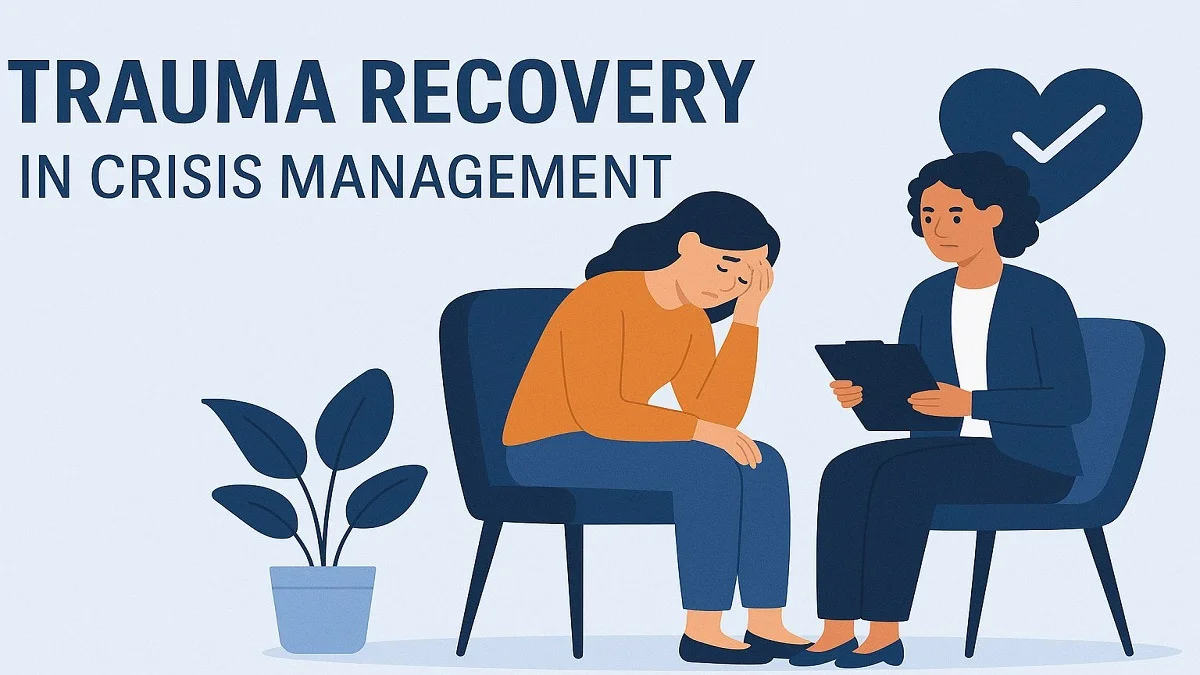Introduction: Looking Beyond Operational Recovery
When disaster strikes—like an airline crash—organizations are often quick to respond with search efforts and crisis communications. But the emotional scars left behind on families, employees, and the public are often overlooked. In high-risk sectors such as aviation, addressing trauma is not just compassionate—it’s critical to long-term recovery and resilience.
Case Study 1: Malaysia Airlines Flight MH370 — A Lingering Void
The mysterious disappearance of Flight MH370 in 2014 left the world stunned and families shattered. While operational efforts focused on locating the aircraft, the prolonged uncertainty underscored the emotional toll on next of kin, airline staff, and the global aviation community. Without clear communication or closure, trauma recovery was deeply impaired.
Case Study 2: Air France Flight 447 — A Model for Compassionate Response
In 2009, Air France Flight 447 crashed en route from Brazil to France. While the tragedy was enormous, Air France’s response stood out. The airline quickly mobilized dedicated support teams, offered grief counseling, and maintained open communication with affected families. Their empathy-first approach helped restore public trust and set a benchmark for trauma-sensitive crisis management.
Case Study 3: Ethiopian Airlines Flight 302 — The Cost of Poor Communication
Contrast this with the aftermath of the 2019 Ethiopian Airlines crash. Families of victims criticized the airline for poor communication and a lack of emotional support. The absence of structured trauma recovery efforts amplified grief and damaged the airline’s public image. This case illustrates how neglecting the human aspect of a crisis can result in lasting reputational harm.
The Business Case for Trauma Recovery
Organizations managing crises must expand their focus to include emotional recovery. This involves:
- Establishing trauma response teams
- Providing ongoing mental health support
- Practicing transparent and compassionate communication
- Training staff to handle grief and distress
Such efforts not only support affected individuals but also promote organizational resilience and sustainable recovery.
Conclusion: Resilience Requires More Than Repair
The aviation industry, with its intense scrutiny and high stakes, provides clear examples of why trauma recovery matters. Addressing psychological wounds is vital—not just for healing individuals but for rebuilding trust in the institution. As crisis management evolves, human-centered recovery must become the norm, not the exception.




